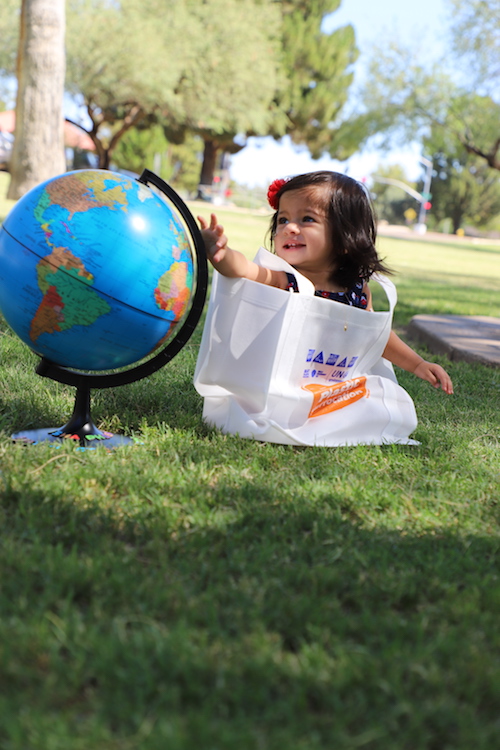People everywhere are buying products that contain plastic and very little of that plastic is being recycled or reused. This has resulted in plastics and their byproducts littering cities, oceans, and other aquatic environments. This should be a growing concern for everyone as reminders are evident and everywhere. Plastic grocery bags can be seen tangled in trees, plastic bottles thrown on the sides of roads, plastic food containers spilling out of park garbage receptacles, plastic items washed ashore on beaches in numbers greater than shells, or plastic wrappers blowing along a path or highway.
The problem with plastics is that they do not degrade easily. Sometimes they break down, but only into smaller pieces. Some plastics sink in the water and some float on the surface. Both situations endanger and often kill sea creatures and other aquatic life. Sea turtles, toothed whales, albatrosses, and many other life forms, including microscopic organisms, ingest the plastic and soon die a horrible, painful death.
Global Plastic pollution facts:
- More than 5 trillion pieces of plastic are already floating in our oceans.
- Each year, at least 13 million tons of plastic end up in the oceans – the equivalent of a full garbage truck every minute – where it smothers coral reefs and threatens vulnerable marine wildlife.
- The plastic that ends up in the oceans could circle the Earth four times in a single year.
- By 2050, virtually every seabird species on the planet will be eating plastic.
- 100,000 marine animals are killed by plastic bags annually.
- 17 million barrels of oil are used on plastic production each year.
- We buy 1 million plastic bottles every minute. • We use over 500 million straws every day in America.
- 500 billion disposable plastic bags are used worldwide every year. Plastic bags are used for an average of 12 minutes only.
- 90% of bottled water has been found to contain plastic particles.
- 83% of tap water has been found to contain plastic particles.
- 50% of the plastic we use is single-use or disposable.
- 10% of all human-generated waste is plastic.
- A whopping 91% of plastic isn’t recycled.
- Estimates for how long plastic endures range from 450 years to forever.
- In the last decade, we produced more plastic than in the whole last century.
- Nearly one third of the plastic packaging we use escapes collection systems, which means that it ends up clogging our city streets and polluting our natural environment.
To protect present and future generations of all life forms, including humans, a full understanding of the causes and effects of plastic pollution needs to be presented to people worldwide. This, along with ways to clean up and prevent future plastic pollution, needs to be brought to the public’s attention. Sadhguru helps us be better informed regarding this devastating world situation and he indicates ways in which we can effectively contribute to this important campaign.







